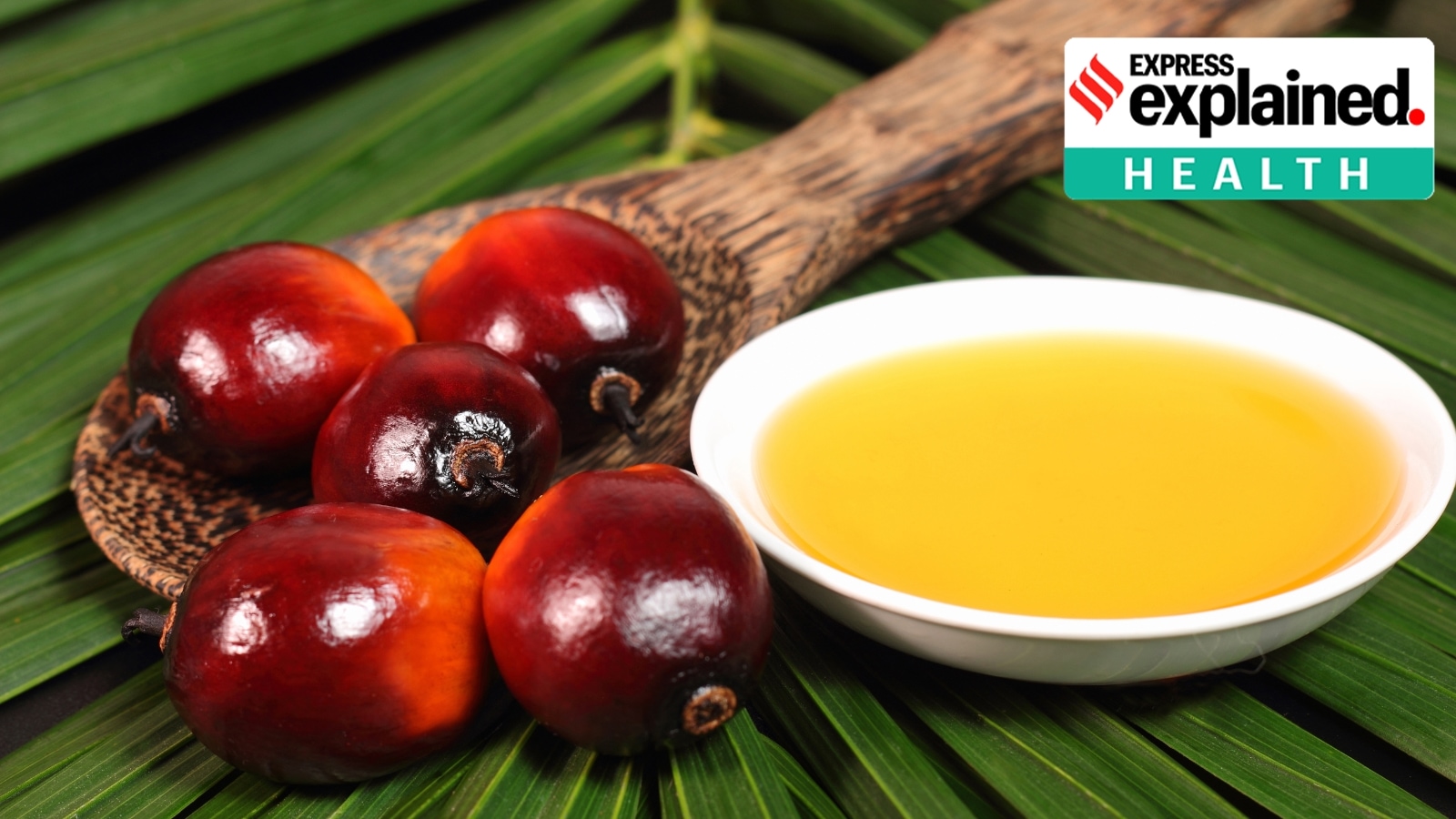Seed Oils: Are They Really Harmful? A South African Look at the Science

The Seed Oil Debate: Separating Fact from Fiction
The internet is buzzing with claims about seed oils – canola, soybean, sunflower, and more – being detrimental to health. This controversy gained significant traction with comments from figures like Robert F. Kennedy Jr., who has suggested these oils are 'poisoning Americans.' But is there genuine scientific basis for these concerns, or is it just hype?
Let's take a look at the science, specifically considering how it might apply to South African diets and health considerations. We'll delve into the types of fats in seed oils, the research surrounding their impact on inflammation and disease, and what experts are saying.
What Are Seed Oils and Why Are They So Common?
Seed oils are extracted from the seeds of plants like canola (rapeseed), soybeans, sunflowers, corn, and safflower. They’ve become incredibly prevalent in our food supply due to their affordability, versatility, and relatively long shelf life. They're used in everything from cooking oils and salad dressings to processed foods and snacks.
The Controversy: Linoleic Acid and Inflammation
The core of the controversy revolves around linoleic acid (LA), a type of omega-6 polyunsaturated fatty acid (PUFA) abundant in seed oils. Omega-6 fatty acids are essential, meaning our bodies can’t produce them and we need to obtain them from our diet. However, the ratio of omega-6 to omega-3 fatty acids in the modern diet is often skewed towards omega-6.
Some researchers argue that an excess of omega-6, particularly from seed oils, can promote inflammation in the body. Inflammation is a natural process, but chronic, low-grade inflammation is linked to various health problems, including heart disease, diabetes, arthritis, and even some cancers. The concern is that the high consumption of seed oils contributes to this imbalance and exacerbates inflammation.
What Does the Science Actually Say?
Here's where it gets complicated. While some studies have shown a link between high linoleic acid intake and adverse health outcomes, particularly in older populations, the evidence is far from conclusive. Many other large-scale, well-designed studies haven't found a significant association.
Furthermore, the type of linoleic acid, the overall diet, lifestyle factors (exercise, smoking, stress), and individual genetic variations all play a role. Simply blaming seed oils is an oversimplification.
Considering the South African Context
In South Africa, seed oils are a common and often affordable source of cooking fat. While concerns about omega-6 to omega-3 ratios are valid globally, it's particularly important to consider the broader dietary landscape. Many South Africans may not consume sufficient omega-3 fatty acids (found in oily fish like salmon, tuna, and mackerel) to counterbalance the omega-6 intake from seed oils.
Focusing on a balanced diet rich in whole foods, including plenty of fruits, vegetables, lean protein, and sources of omega-3s, is crucial. Choosing healthier cooking fats like olive oil or avocado oil for some meals can also be beneficial, but completely eliminating seed oils isn't necessarily required for everyone.
The Bottom Line
The seed oil debate is complex and ongoing. While there are legitimate concerns about the potential for excessive omega-6 intake to contribute to inflammation, the science is not definitive. A balanced, whole-foods diet, with a focus on omega-3s and mindful consumption of all fats, remains the best approach to promoting overall health. Consulting with a registered dietitian or healthcare professional can provide personalized guidance based on your individual needs and health status.




